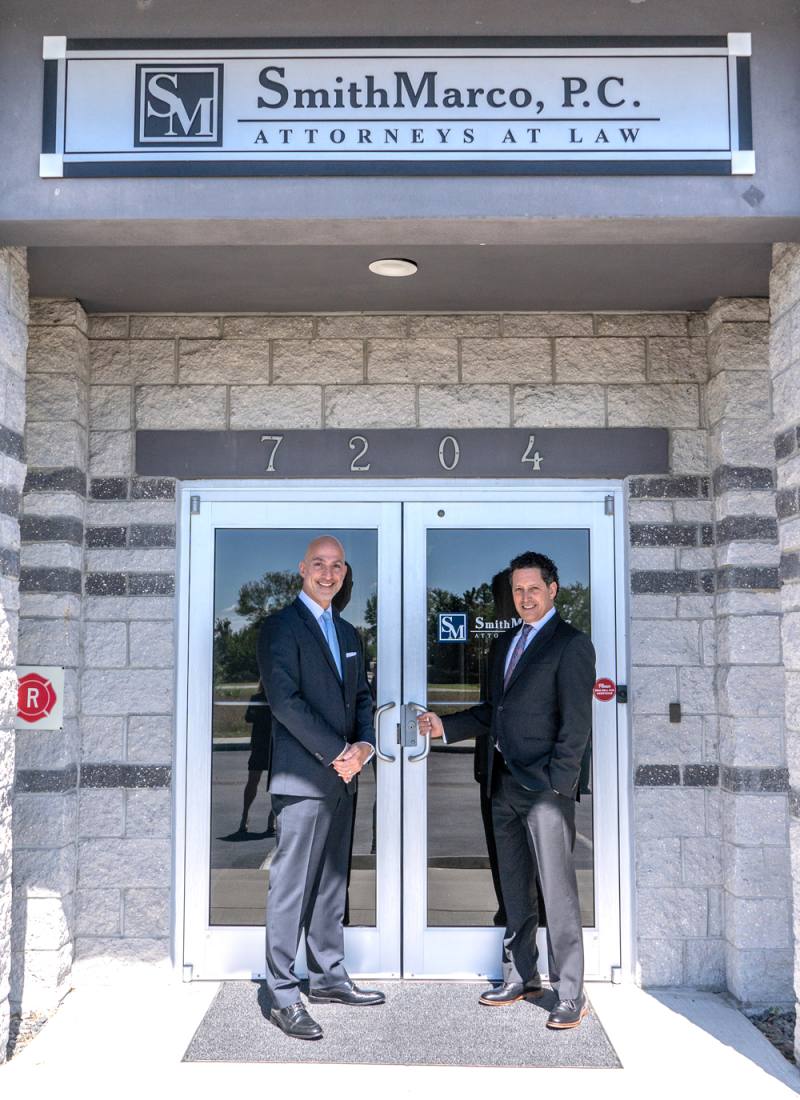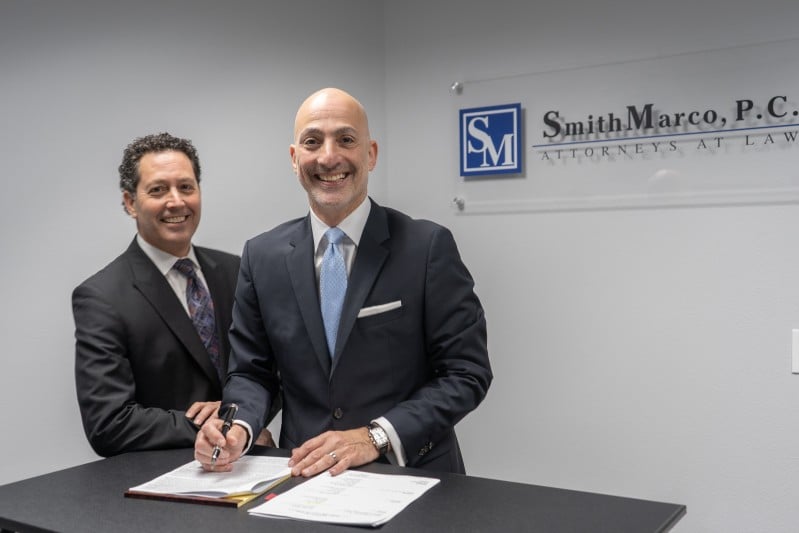
How We Can Help
Dealing With Fraudulent Bank Transfers?
We Fight To Get Your Money Back
Seeing money disappear from your account in an unauthorized transfer is one of the worst feelings in the world. We take the steps to ensure that you not only get your money back but are compensated for the problems it caused.
Credit Report Errors?
We Work To Get Them Removed
If you have mistakes on your credit report that were not removed after you have disputed, you may be entitled to damages.
Victim Of Identity Theft?
We Pursue Action
Has someone used your personal information to open accounts in their name? Are those accounts now negatively affecting your credit? We can help.
Denied Or Lost A Job?
We Advocate For You When A Background Check Has Errors
If your background report has false information that cost you a job, you may be entitled to damages.
Our Areas Of Practice
Know Your
Consumer Rights
Know Your Consumer Rights
Credit Report
Problems
Credit Report Problems
Denied
A Job
Denied A Job
Unauthorized Bank Transfers
Debt Collection
Harassment
Debt Collection Harassment
Serving clients nationwide.
Fraudulent Bank Transfers
About Us
SmithMarco, P.C., is a private law firm exclusively representing consumers and protecting their rights. Managing partners Larry Smith and David Marco have collectively been protecting the rights of consumers for over 35 years and have successfully represented consumers in thousands of cases. They are highly skilled and experienced consumer protection attorneys in matters ranging from credit report errors, identity theft, employment background report errors, debt collector harassment, fraud and more. With their team, they work hard to ensure that your rights are protected, that your credit and background report errors are resolved and that the debt collector harassment stops, depending on your needs.


Our Successes
For nearly 25 years, we have been fighting for the rights of consumers nationwide, recovering millions of dollars on their behalf.
Client Testimonials
Do not wait to get our attorneys on your side fighting for you. Call today.



